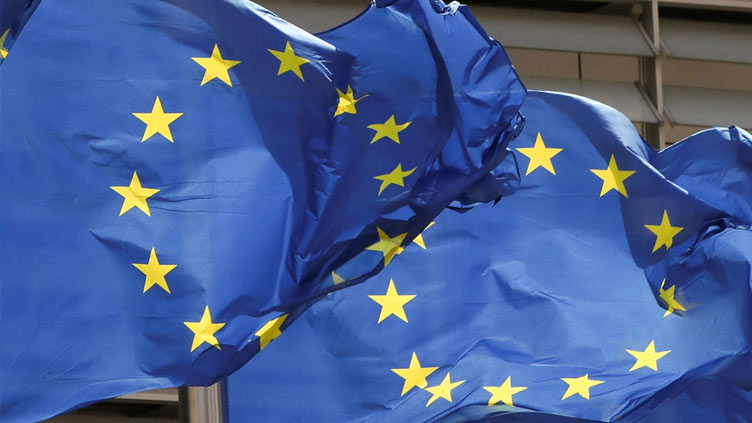Activists urge EU to save flagship data privacy law

Technology
The GDPR imposes strict rules on how companies can use and store personal data
PARIS (AFP) - The European Union needs to rescue its landmark data privacy law (GDPR) from delays and dysfunction that still plague it four years after it came into force, activists said Tuesday.
The GDPR imposes strict rules on how companies can use and store personal data, backed up by potentially huge fines for firms found to be in breach of its terms.
The Access Now digital rights group said the GDPR was not broken but national data protection agencies were slow to rule on cases and inconsistent in deciding which complaints they would accept.
The group called on the European Commission to "save" the regulation with binding legal measures to clarify enforcement and make it easier for national data protection authorities to cooperate with each other.
"After four years, the law’s impacts are hard to see, not because the law is flawed... but because it continues to be ignored," said the group’s Estelle Masse.
Failure to act "means risking giving up on the GDPR ever being fully and equally applied", she said.
The GDPR has led to lengthy legal battles and transformed the way companies with an internet presence conduct their business.
One of its most noticeable effects has been obliging companies to seek user consent to install "cookies", data files that enable browsers to save information about a user’s online habits.
The law has also given a huge boost to activists fighting to stop tech giants transferring the personal data of people in the EU to the United States.
The Politico website reported last week that Irish data officials had issued a preliminary decision against Facebook in a case that it said could shut off the social media network across the continent.
But Austrian lawyer Max Schrems, who has spearheaded privacy rights campaigns, was quick to point out that GDPR processes meant no final decision was likely for another year -- and then the company would certainly appeal.

